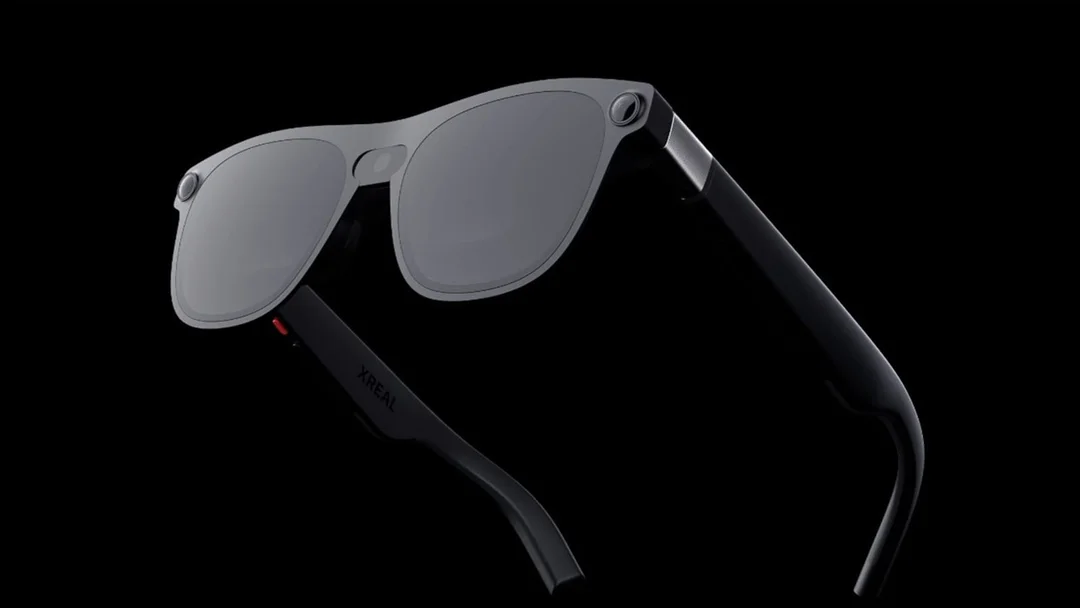
Google’s XR Gamble: Can Android XR Finally Crack the Smart Glasses Code?
Google is once again venturing into the world of AR and VR with Android XR, its latest platform for smart glasses and headsets. But after a string of failed attempts, skepticism abounds: Can Google finally deliver a compelling XR experience, or is this another Stadia in the making?
Android XR aims to integrate Gemini AI seamlessly into wearable devices, offering hands-free assistance and a new perspective on interacting with the world. Imagine an AI assistant that sees what you see, providing real-time information, translations, and even capturing moments without reaching for your phone. This is the promise of Android XR.

Earlier this year, Google shared how Gemini and Android work together to help you get things done on your phone, your watch, your TV and your car’s display. Now, they're thinking about glasses and headsets.
Samsung's Project Moohan, an Android XR headset expected later this year, promises immersive experiences and an infinite screen. Project Moohan intends to be much lighter and more comfortable to wear. Pressing the top button brings up Gemini assistant!
However, the key to Android XR's success may lie in its smart glasses. Equipped with cameras, microphones, and optional in-lens displays, these glasses could provide access to apps and information hands-free. Recent demonstrations showcased features like live language translation, turn-by-turn directions, and seamless photo capture. Senior reviewer from androidcentral.com gave it a go! Testing showed that When the glasses are slipped on, a tiny translucent screen becomes visible to display the time and weather.
Google is partnering with eyewear brands like Gentle Monster and Warby Parker to create stylish Android XR glasses, addressing concerns about aesthetics and wearability. They are also working with Samsung to build a software and reference hardware platform for glasses.
Previous attempts like Google Glass and Daydream faced public skepticism and ultimately failed to gain traction. Android expert Jerry Hildenbrand notes Google's past successes came from letting other companies build the actual products, the only positive aspect of Android XR.
Can Android XR overcome these hurdles? The ultimate success of Android XR hinges on public acceptance and the creation of compelling use cases beyond novelty. Meta has shown a willingness to invest in the long term, but Google's track record suggests a shorter leash. Will consumers embrace smart glasses, or will Android XR become another forgotten experiment?
What do you think? Leave your comments below!